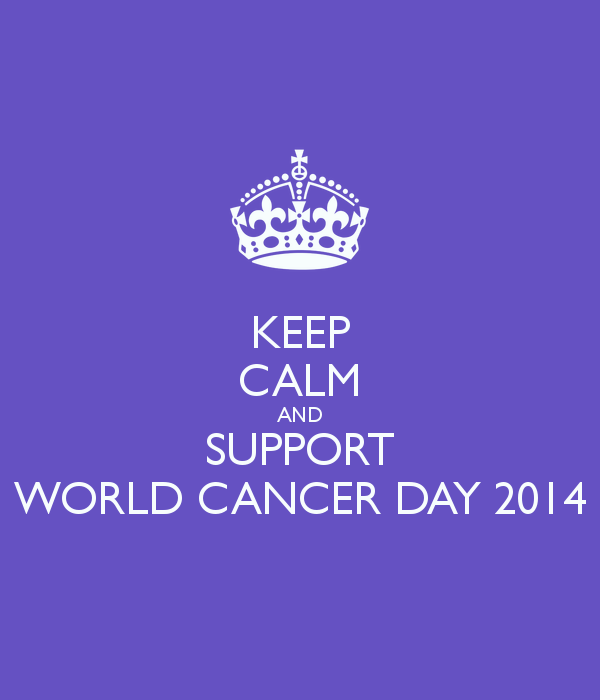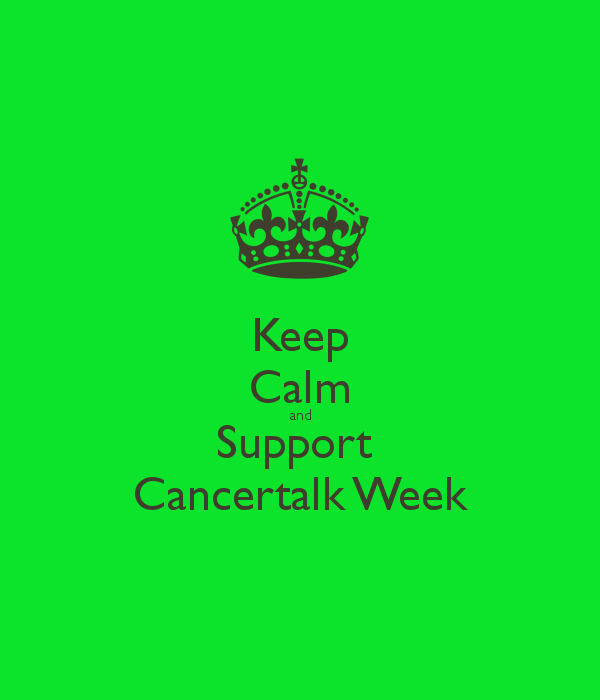A few weeks ago we ran a short poll to find out more about the types of pain suffered by our readers. You can check out the poll and its results here https://patienttalk.org/?p=2506.
I have to say the results were a great surprise. It turned out that over 12% of our readers suffer from breakthrough pain. Now this was interesting because my preliminary research suggested that breakthrough pain is associated with conditions like cancer. But these results suggest that it is far more widespread.
So what actually is breakthrough pain or, as it is sometimes called, a pain flare?
It has been best described as spikes of pain which cannot be controlled by normal pain management techniques. In fact these can happen a number of times each day or on a less frequent basis.
Current thinking as to why breakthrough pain occurs is interesting. One explanation looks at a concept of conditioned pain response. There is an excellent article by Christina Lasich on the subject here http://www.healthcentral.com/chronic-pain/c/23153/117921/salivating. The way I see it Dr Lasich takes the view that in some cases breakthrough pain is a condition response to the use of medication. By that she means that people who take regular pain medication (say four times a day) will, slightly prior, to the appointed time for the medicine, start feeling heightened levels of pain. She compared this to Pavlov’s dogs experiment – of which more here http://www.simplypsychology.org/pavlov.html. The article is by McLeod, S. A. (2007) and called Pavlov’s Dog.
Dr Lasich also points to opioid-induced hyperalgesia as another potential cause. This is a scenario where people who use many medications become over-sensitive to things which would not have caused pain in the past. While affecting people who take these products it should not be confused with the increased tolerance that such medications may cause. To find out more please have a look at this page http://en.wikipedia.org/wiki/Opioid-induced_hyperalgesia.
Obviously we must also bear in mind that these pain spikes are part and parcel of various medical conditions such as cancer and fibromyalgia.
Going back to the figure of 12% of people with pain who suffer from pain flares, I spoke about this yesterday to a physician. She was firmly of the view that this is, in fact, a very realistic figure. So I thought it would be of value and interest to get the views and experiences of our readers as regards to breakthrough pain. It would be great if you could share your experiences using the comment boxes below.
You may wish to consider some of the following questions:-
1) What is the background condition that causes your pain?
2) What treatments for that pain do you use?
3) Can you describe a typical pain flare for our readers?
4) What triggers these pain spikes?
5) How do you deal with/ treat breakthrough pain?
Please consider these questions just as a guide. Anything you might like to share will be of great interest to our readers.
Many thanks in advance.




